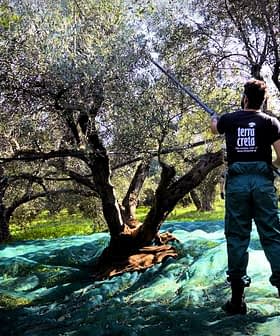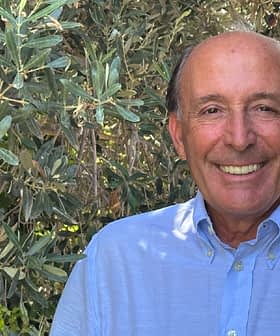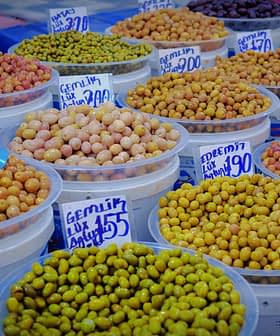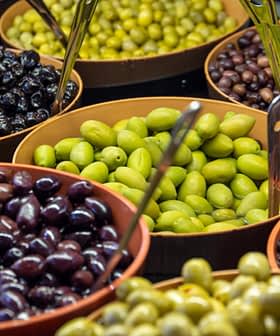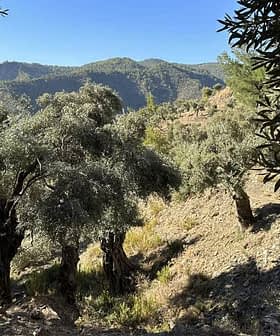Thousands of Hectares of Olive Trees Burned to Ashes Across Southern Turkey
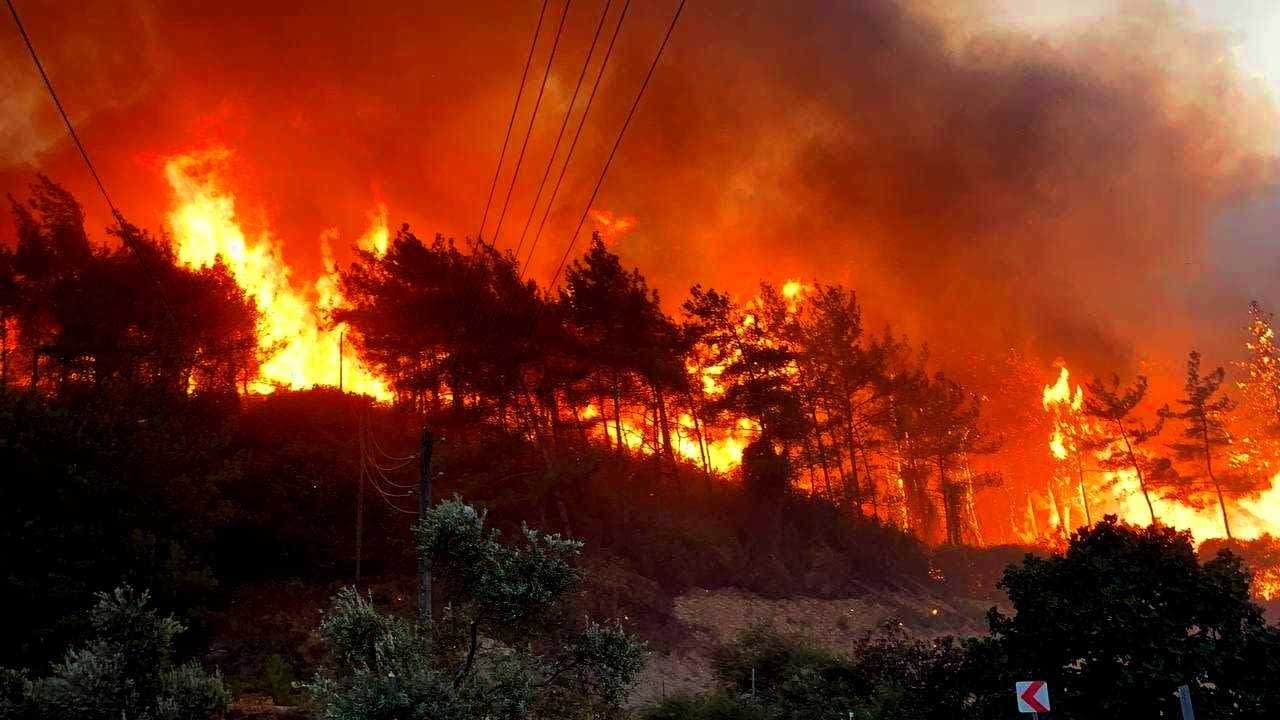
Wildfires burned more than 160,000 hectares in southern and southwestern Turkey, killing at least nine people and destroying property and agricultural land, including thousands of olive trees. Olive farmers are calling on the government for help to replant and rebuild, with concerns that climate change will lead to more frequent and severe fire seasons in Turkey.
The wildfires that raged across southern and southwestern Turkey burned more than 160,000 hectares from the end of July through mid-August.
Nearly 300 fires burned across five provinces over that time span, killing at least nine people and destroying property and agricultural land.
The wildfires in Turkey are the worst of their kind in at least a decade. The worst wildfires in living memory along its southern coast have delivered a fresh blow to the sector.
Local olive farmers told Olive Oil Times that thousands of hectares of olive groves were engulfed by the fires with hundreds of thousands of olive trees destroyed in the process.
“It is predicted that the olive groves covering 1,500 to 2,000 hectares were damaged in the fires in Muğla,” Hatice Aktürk, the owner of Ata Ağaç Olive Oil, told Olive Oil Times. “This amount corresponds to approximately two percent of the olive groves and approximately 300,000 olive trees in Muğla province.”
See Also:Turkey Announces Plan to Advance Sustainable AgricultureAktürk’s olive groves are located in the district of Milas, which bore the brunt of the fires in the province. Dozens of her centenary trees were lost during the blazes.
“In one of our groves in Milas, 25 of our old olive trees aged between 500 and 800 years all burned to ashes,” she said. “Around 0.4 hectares of our groves were affected.”
“For more than 15 days there were 288 wildfires in Turkey, just like in many other Mediterranean countries,” Aktürk added. “Here the temperature is more than 45 ºC, the humidity is too low and it was too windy.”
The combination of dry heat and high winds helped kindle the fires and allowed them to spread rapidly through the Turkish countryside, according to Pelin Omuroğlu, the co-owner of Ayerya Wind Valley Farm and founder of Olivurla.
“The wind was very strong some days which made things more and more difficult,” she told Olive Oil Times.
Omuroğlu is concerned that these types of fire seasons will become more common in Turkey as a result of climate change. While any single event is difficult to directly link to climate change, most scientists agree that the conditions that allowed for the fires to start and spread so quickly will become increasingly common.
“As the climate changes, it will get even hotter, and the fires will grow,” Bahar Alan, the owner of Nova Vera and one of Turkey’s most successful olive oil producers, told Olive Oil Times. “We should be more alert of compounded climate events and their multiplier effects because there will always be a risk of new fires.”
“The wildfires in Turkey are the worst of their kind in at least a decade,” she added. “The worst wildfires in living memory along its southern coast have delivered a fresh blow to the sector which makes up some five percent of the Turkish economy.”
Olive farmers from across the affected regions are now calling on the Turkish government to help them replant and rebuild.
President Recep Tayyip Erdoğan has already promised to take measures against the drought and plant 252 million trees in the country to help prevent desertification.
Mahmut Serdar Kocadon, the head of the Chamber of Commerce in Bodrum, said that olive growers will be provided with new trees to compensate for the damage to their groves.
However, many producers believe that these measures are too little too late, and the government largely let them down during the crisis.
Omuroğlu said she was not satisfied with the government’s handling of the fires, accusing the authorities of waiting too long before intervening. She said that local volunteers had been mostly responsible for fighting the fires and the government had not become involved until international aid arrived.
Alan suggested that the government limit the public use of forests, especially during fire season. She urged the government to take lessons from the recent wildfires.
“In times of fire, local governments especially should be on the alert,” she said. “Especially concerning global warming, all segments of society should be made aware of it.”
However, Aktürk said that pointing fingers will do affected growers no good and that everyone must work together to rebuild after the blazes and help prevent future ones.
“Our groves are located in a small village, so our headman [foreman] acted very quickly with volunteers,” she said. “When we arrived at our grove, all the people living around with headman and firemen had already managed the wildfire.”
“Fires, whether caused by human error, [arson] or global warming have deeply affected Turkey,” Aktürk concluded. “People need to treat nature, land and water more respectfully.”


